Britain and America may share a language, but their cultures often feel like worlds apart, and thanks to the UK’s history of traditions and social quirks, there are countless customs that might leave Americans confused. Here’s a closer look at some of the most head-scratching habits across the pond.
Apologising for Everything

Brits are famously apologetic, using “sorry” for almost every occasion, therefore a sorry applies whether they bump into someone, or someone bumps into them. To Americans, this might seem over-the-top or insincere—after all, why apologize for something you didn’t even do?
Drinking Tea for Every Occasion

While residents of the U.S. might down their morning coffee on the go, people from the UK savour their tea as a break in the day. This obsession with “a proper cuppa” can seem excessive, but for Brits, it’s just a part of life, and part of a country that has a long history with the beverage.
Queuing with Religious Devotion

If there’s one thing British people do better than anyone else, it’s queue, a silent agreement to maintain order, and woe betide if you try to cut in line. A perfectly organized queue is a sign of civilized society, and breaking that unspoken rule is practically a declaration of chaos, which can seem very strange to people from across the pond.
Keeping Conversations About the Weather

Rain, sun, wind, or snow—it’s always a safe topic to kick off a conversation in the United Kingdom, yet to individuals from the USA, this fixation on the weather can seem odd. But in Britain, where the weather changes dramatically (and often unpredictably), it’s a shared experience everyone can relate to, so there’s always something to say about it.
Pub Culture and Rounds of Drinks
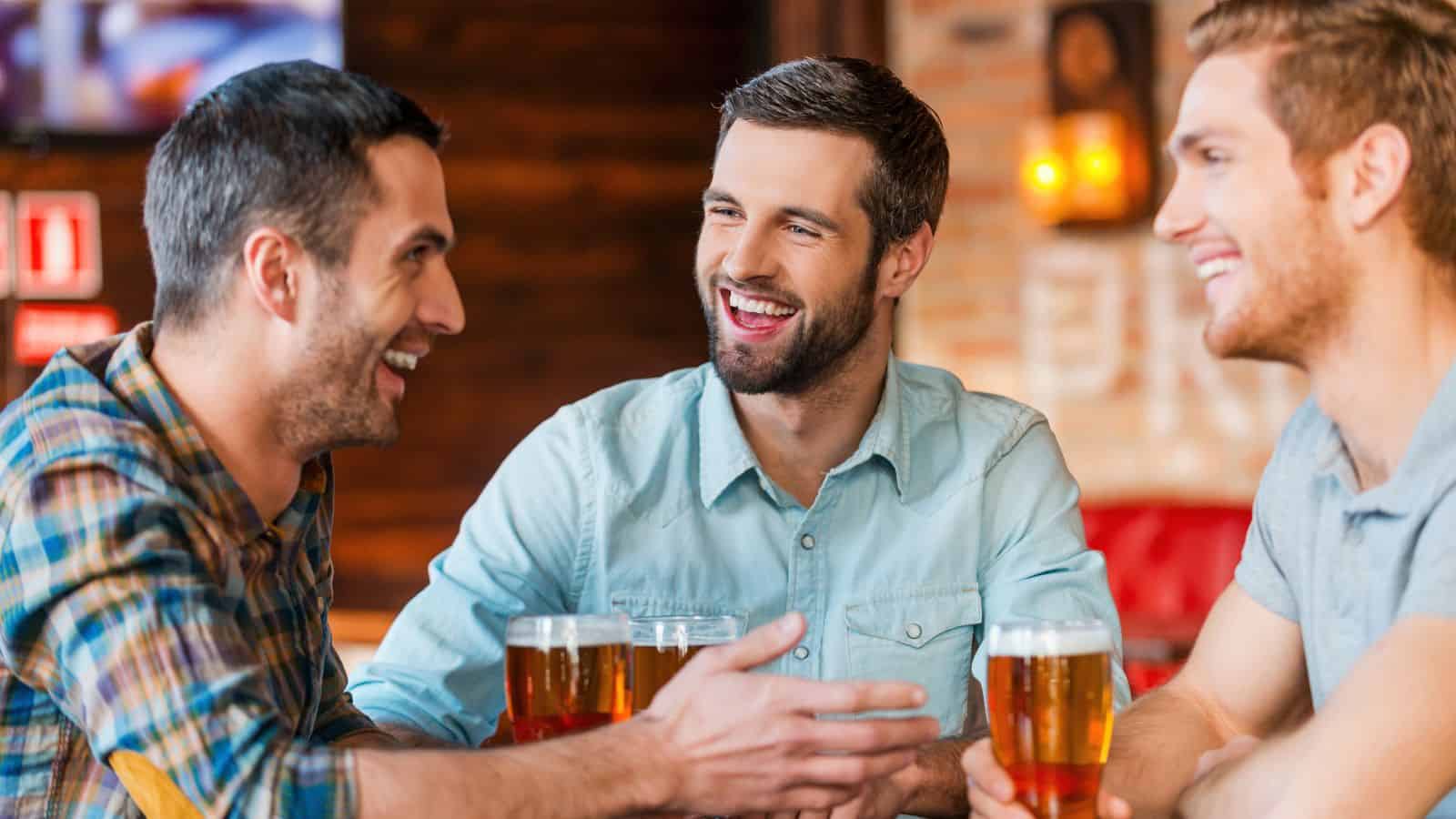
In Great Britain, going to the pub is less about the drinks and more about the tradition, and the concept of buying a round of drinks—which can puzzle Americans—means when you’re out with friends, each person takes turns buying drinks for the whole group. It’s an unspoken rule, but it can seem a confusing system to others.
Driving on the Left Side
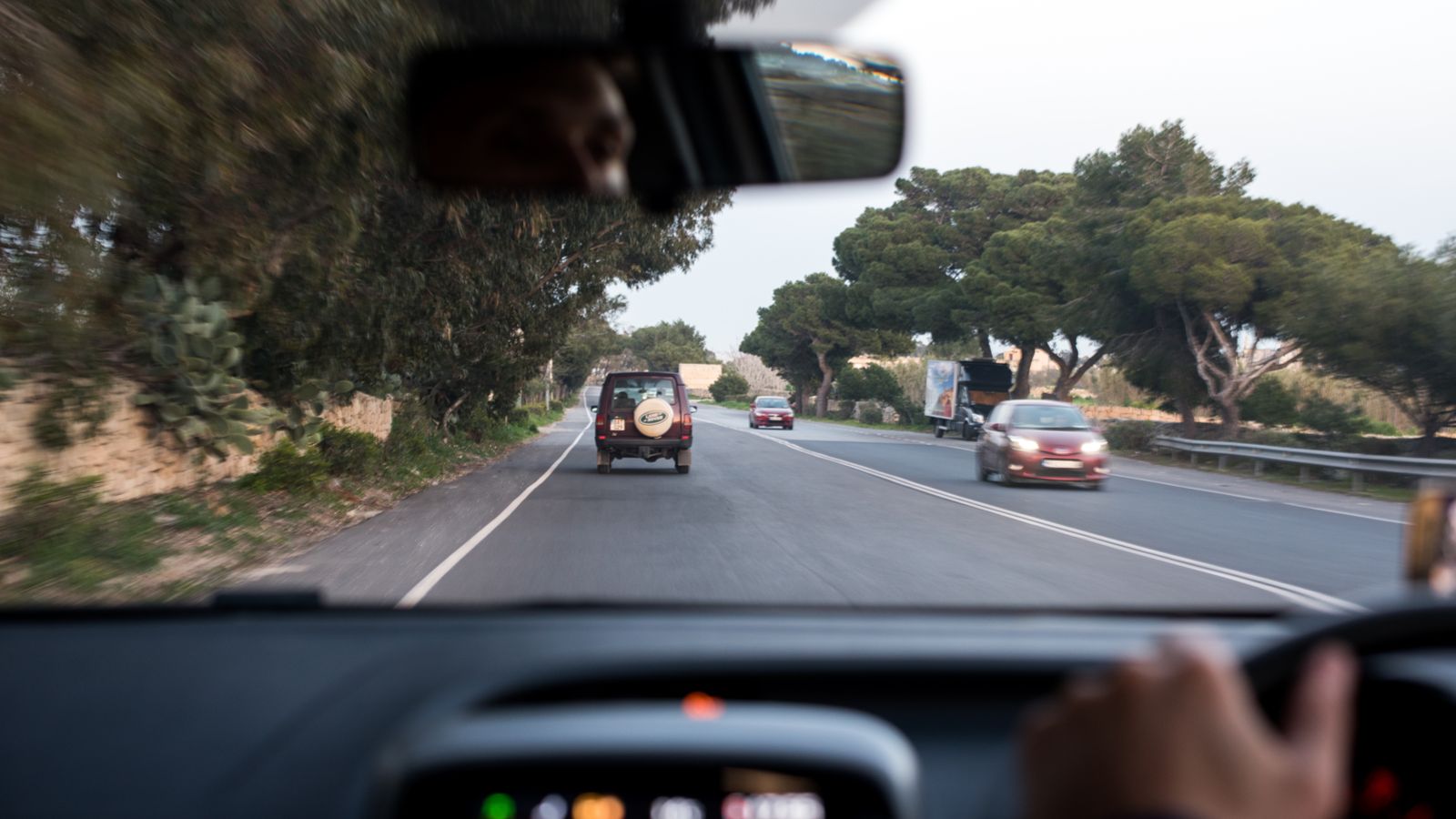
Driving on the left side of the road is one of the most noticeable differences between Britain and the US; add in narrow roads, roundabouts, and a distinct lack of grid-like streets, and driving in this country can feel like a Herculean task for foreigners. Even as pedestrians, American tourists might look the wrong way before crossing.
Pronouncing Words “Wrong”

While the two nations share a language, they don’t always speak it the same way, such as words like “aluminium” and “herb” sound downright foreign—and don’t even get started on the silent letters and unpredictable stresses. Then there are the accents, where regional variations make even common words sound unrecognisable.
Bacon That’s Not Quite Bacon
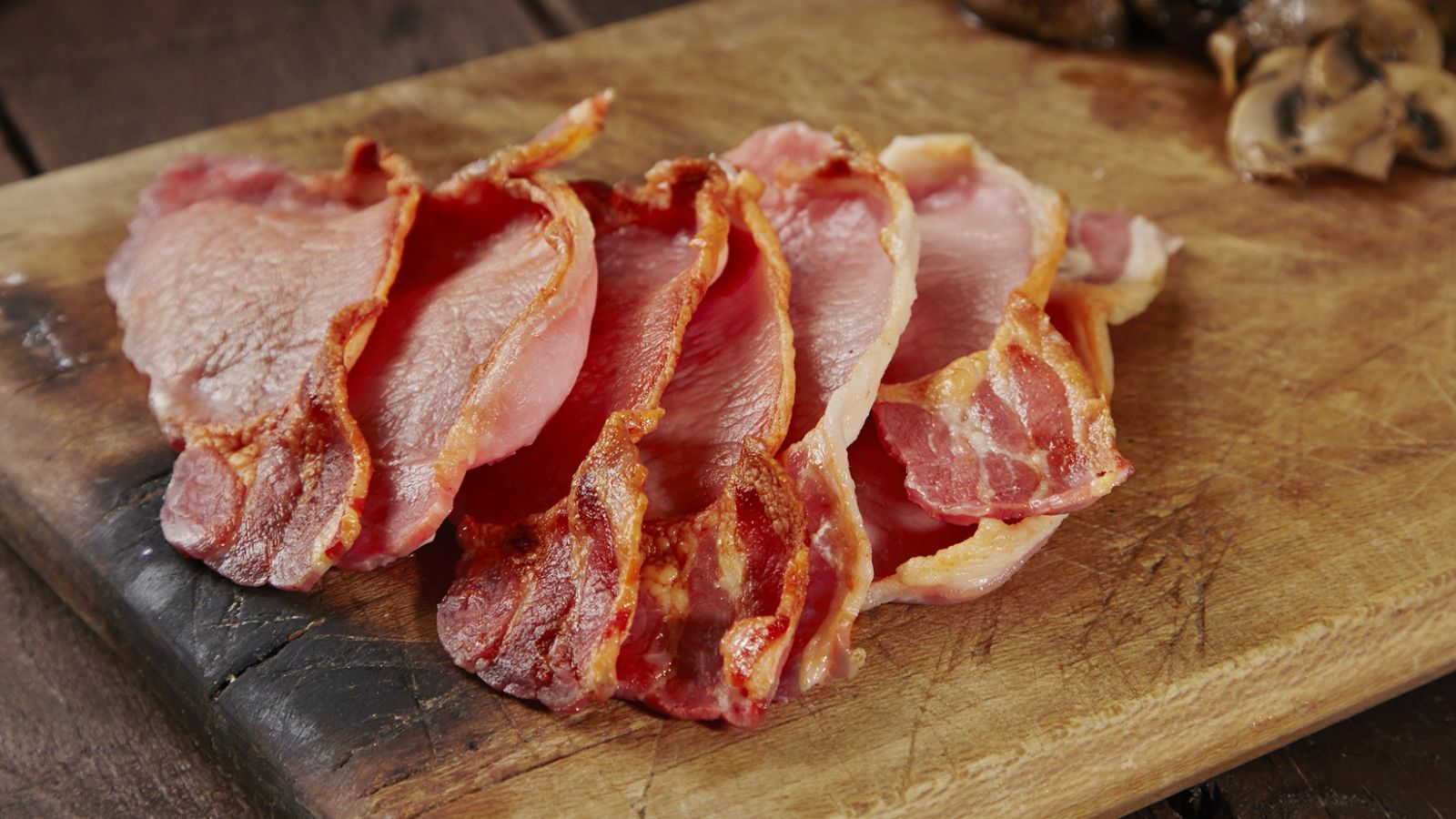
American bacon is thin, crispy, and streaky, while British bacon—or “back bacon”—is thicker, meatier, and closer to what Americans might call Canadian bacon. When served with eggs, it’s a hearty, satisfying start to the day, but it’s not what many U.S. folks expect, because instead of a crunch, you get a chew.
The Unshakable Love for Marmite
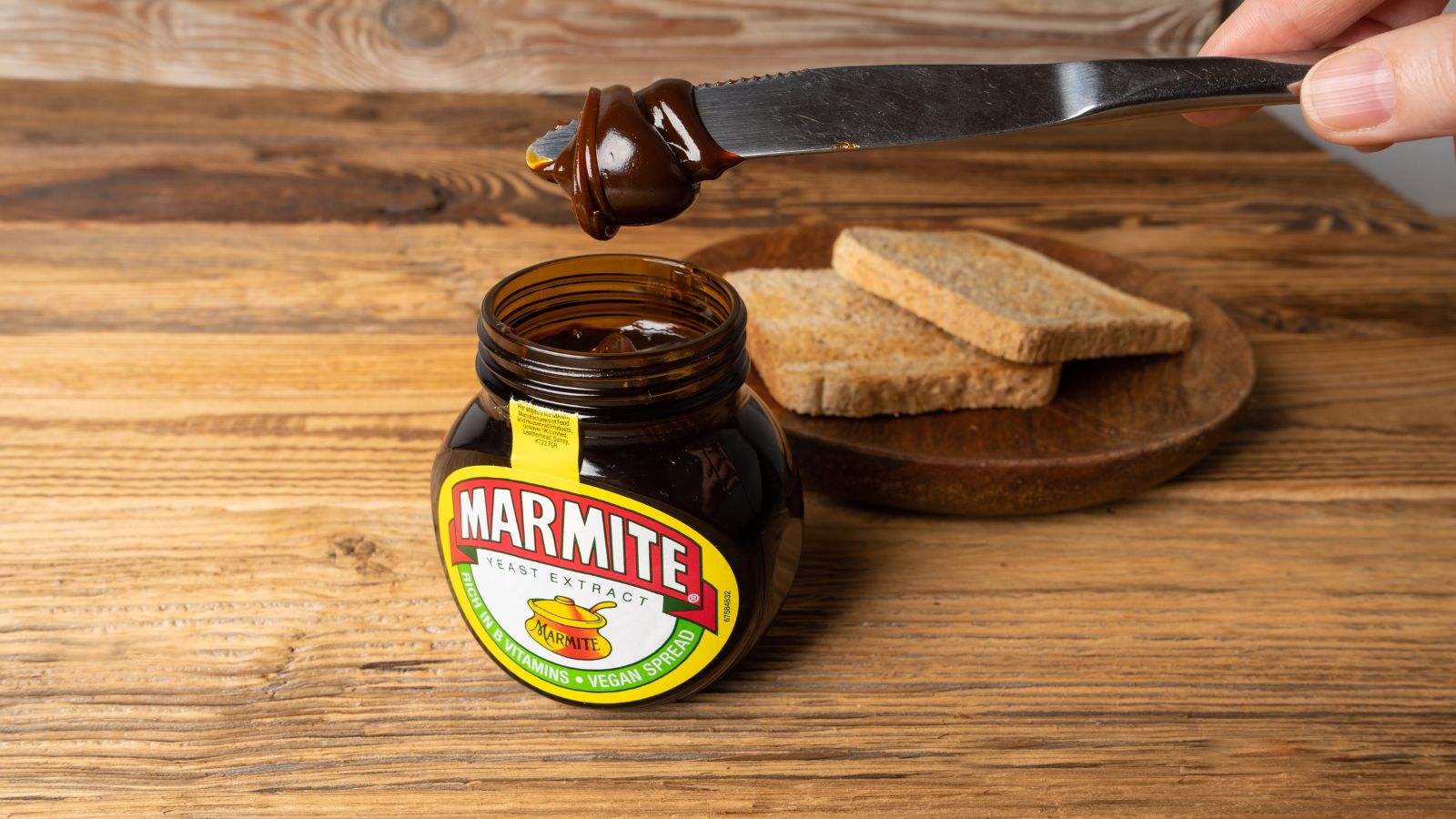
If there’s one food that defines the palate of Great Britain, it’s Marmite—a thick, dark yeast spread with a flavor so intense it’s become a national litmus test, and you either love it or hate it; there’s no in-between. Those unprepared for its salty punch, often fall into the “hate it” camp, but that doesn’t change the locals being loyal to it.
Referring to the Bathroom as “The Loo”
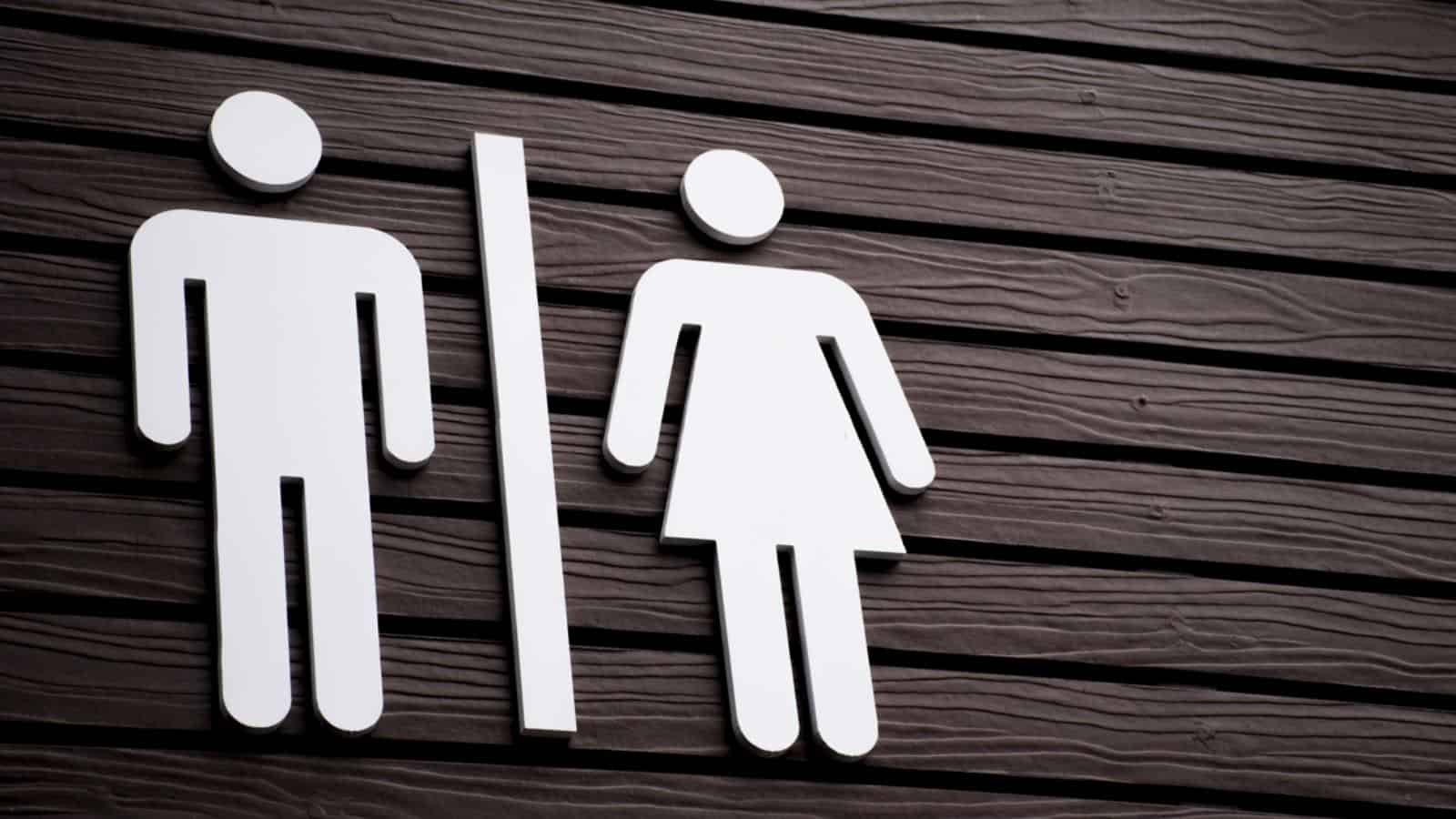
To make matters confusing for tourists in the United Kingdom, public restrooms are often hard to find, and some even charge a fee—a far cry from the plentiful and free facilities Americans are used to. Not only that, you’ll hear people ask for “the loo” instead of the restroom.
The Obsession with Cricket
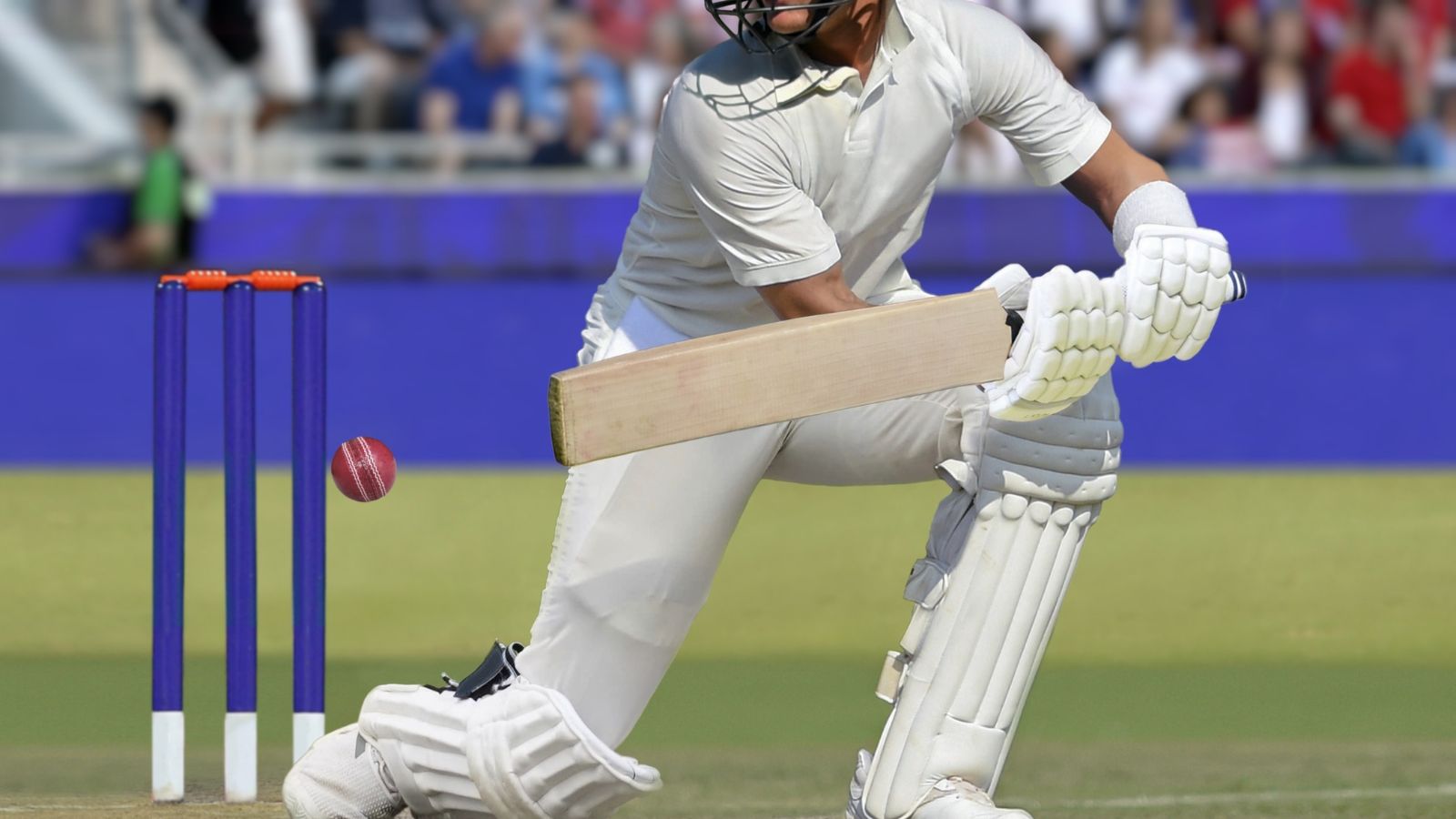
Cricket matches in Britain can last for days, and the rules are intricate enough to leave most newcomers baffled. When you’re accustomed to fast-paced sports like basketball or football, you can often struggle to see the appeal of watching players in white uniforms bat a ball for hours on end.
Spelling That’s Delightfully Different

British English retains spellings that Americans might see as unnecessarily complicated, with words like “colour” and “flavour” including extra letters, while “realise” swaps out the American “z” for an “s.” To citizens of the U.S., these spellings can feel antiquated or fussy, but to Brits, they’re just part of the language.
Celebrating Bonfire Night
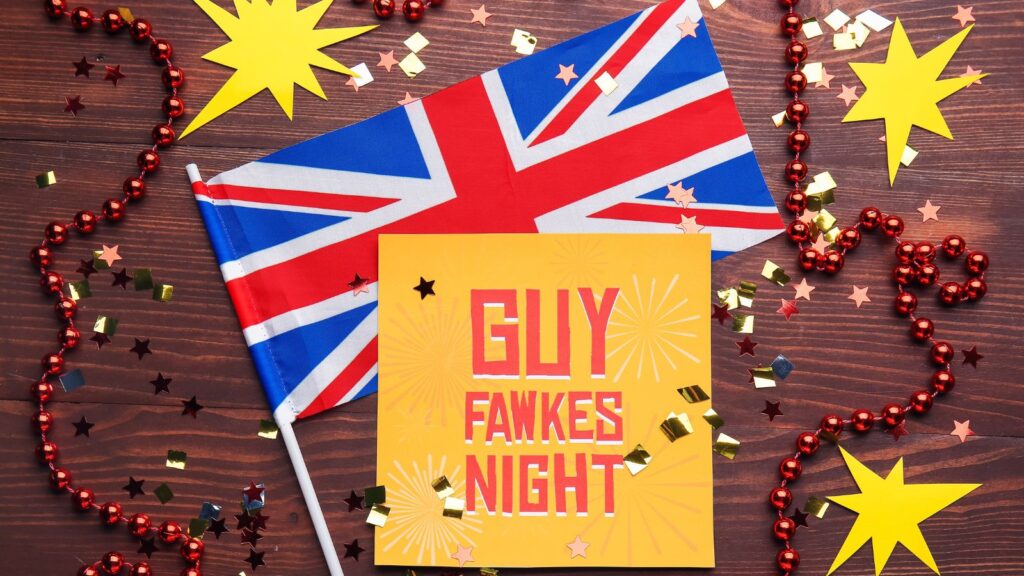
Every November 5th, people gather to celebrate Guy Fawkes Night with fireworks, bonfires, and effigies, and this night commemorates a failed 1605 plot to blow up Parliament, where it’s a chance to enjoy a chilly night outdoors with friends and sparklers. Non-locals are therefore left wondering why people would celebrate a failed rebellion, but it’s more about community spirit to those that celebrate it.
Black Cabs and Their Knowledge Test
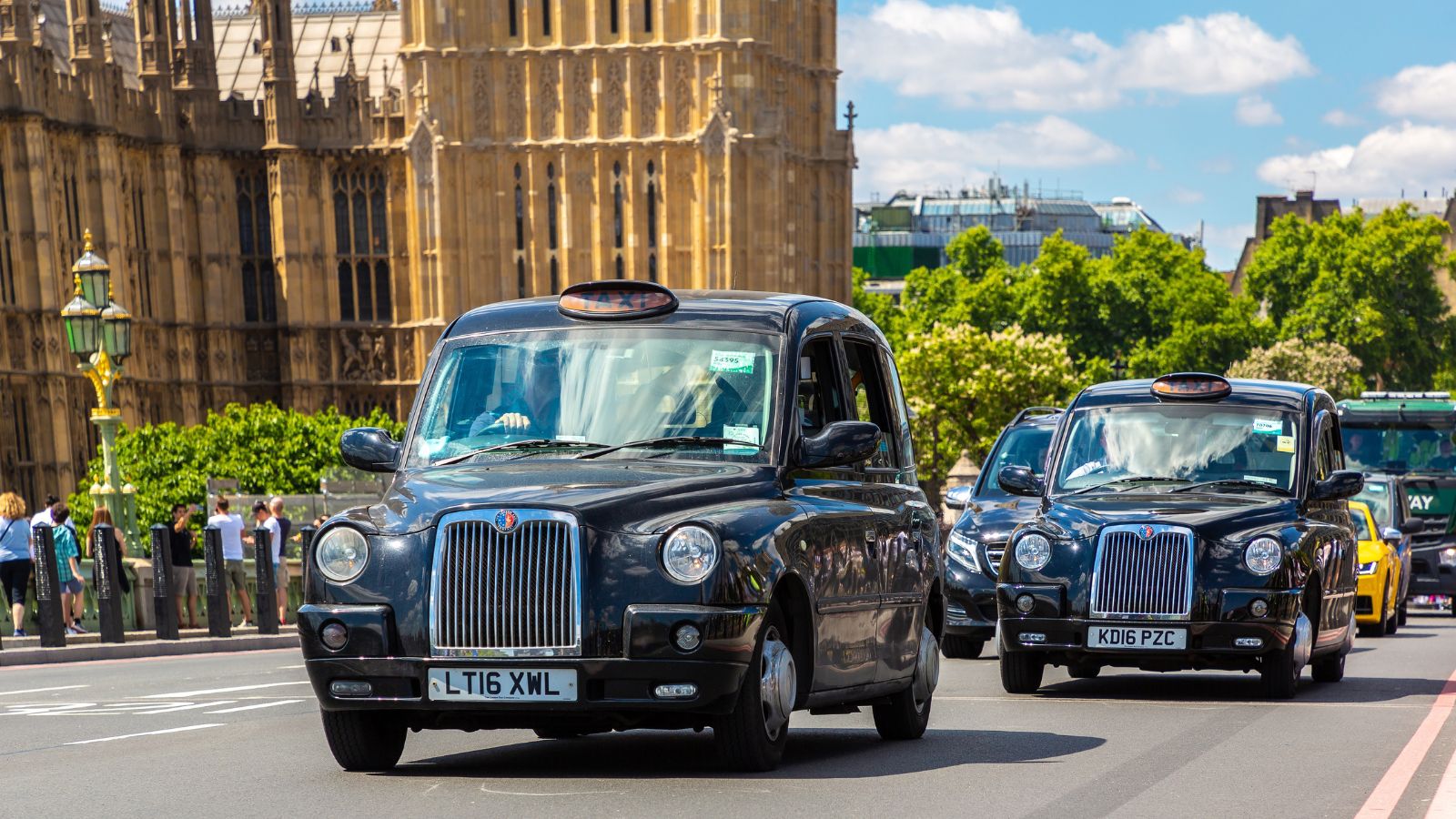
London’s black cab drivers are famed for their encyclopedic knowledge of the city, and to get a license, they must pass “The Knowledge,” a test that requires memorizing thousands of streets, landmarks, and routes. Thanks to GPS, this old-school skill feels almost mythical, especially to many people who rely on technology for getting around.
Saying “Cheers” Instead of “Thanks”

In Great Britain, “cheers” is a versatile word that can mean “thanks,” “goodbye,” or even just a casual acknowledgement, confusing people who only associate “cheers” with toasts during celebratory drinks. This multi-purpose usage can be confusing at first, but it’s just second nature to locals.
TV Licenses

The concept of a TV license is virtually unheard of in the U.S., where television is funded by advertising or subscriptions, but Americans should be aware that most Brits wish TV licenses didn’t exist either. Households must pay an annual fee to watch live TV or access BBC services, which can feel outdated to say the least.

